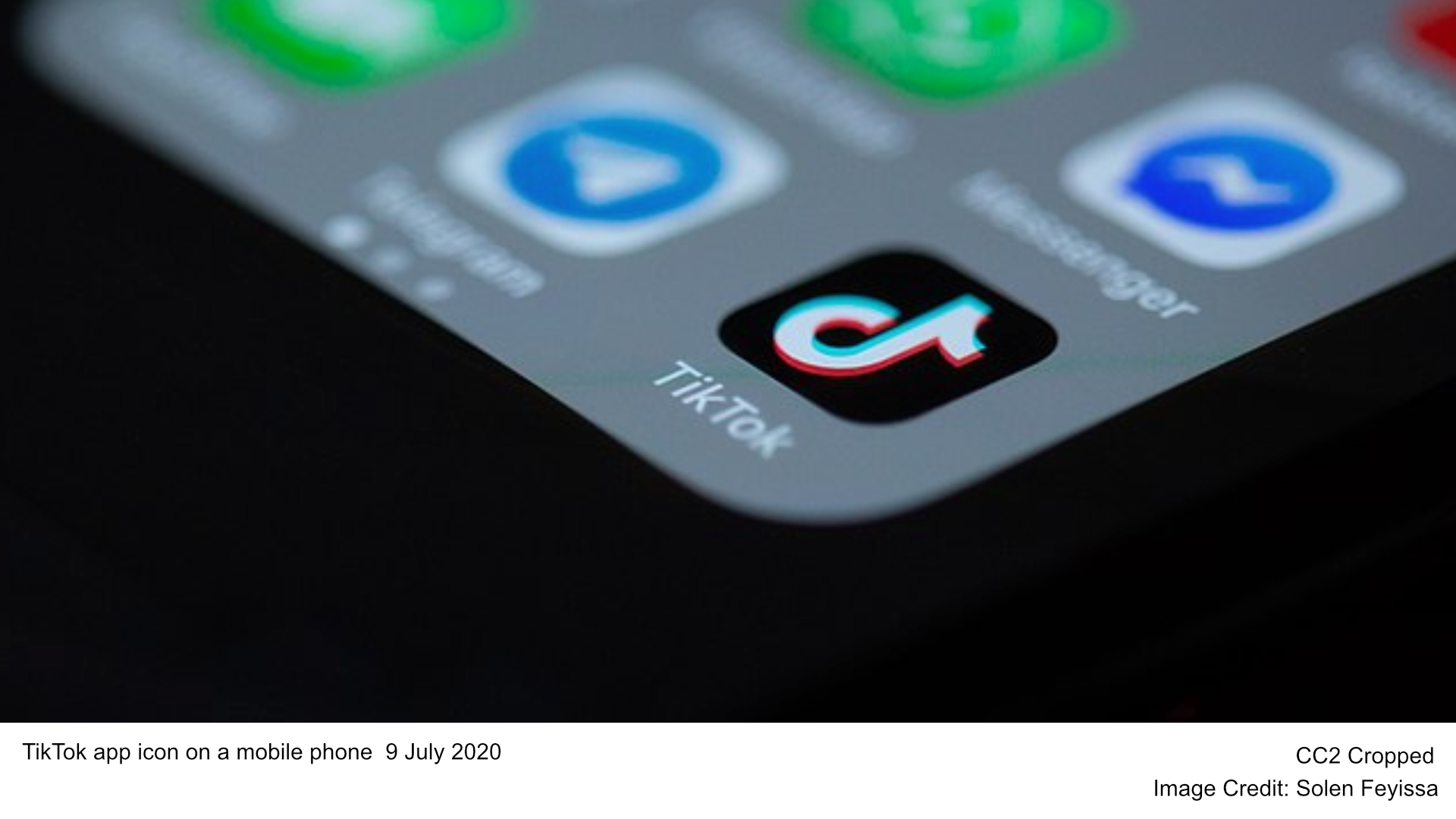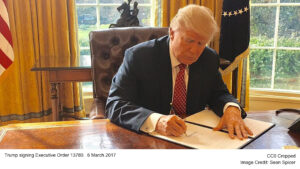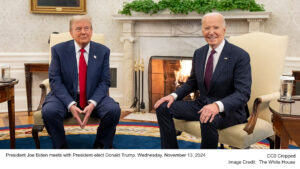The popular social media platform TikTok is at risk of being banned in the United States, with a January 19 deadline looming. Under a law signed by President Biden, ByteDance, TikTok’s China-based parent company, must divest its U.S. operations or face removal from app stores nationwide. ByteDance has challenged the law, arguing it infringes on First Amendment rights, but the Supreme Court has upheld the legislation.
Play Count: 3
- TikTok Faces U.S. Ban: With a January 19 deadline, ByteDance must divest TikTok’s U.S. operations or face removal from app stores, as mandated by a law upheld by the Supreme Court citing national security concerns.
- Supreme Court Ruling: The court unanimously supported the legislation, emphasizing risks posed by TikTok’s Chinese ownership rather than its content, reflecting bipartisan support for tougher stances on data privacy and security.
- Impact on Users and Businesses: TikTok’s 170 million American users, including influencers and businesses, face uncertainty, with many seeking alternatives like Instagram and Snapchat.
- ByteDance Resistance: ByteDance has challenged the law, arguing it disrupts TikTok’s algorithm and infringes on First Amendment rights, while negotiations for a potential sale remain hindered by Chinese government opposition.
The TikTok ban reflects a broader U.S.-China rivalry in technology and national security. Federal agencies and other governments worldwide have raised concerns about data privacy risks posed by foreign-owned platforms. The debate also highlights the evolving role of social media in geopolitics, with potential repercussions for other apps handling sensitive user data.
Supreme Court Ruling and Government Actions
On January 17, the Supreme Court ruled unanimously to uphold the law, citing national security concerns. Congress had raised alarms about TikTok’s potential to share data with the Chinese government, influence public opinion, and compromise U.S. security. Chief Justice John Roberts emphasized that the issue lay with TikTok’s ownership, not the content on its platform.
While the Biden administration stated it would not enforce the ban, incoming President-elect Donald Trump will have the authority to address TikTok’s future after his inauguration on January 20. Trump has indicated a willingness to explore solutions, potentially granting TikTok a reprieve to negotiate a sale or restructure its operations.
Impact on Users and Businesses
TikTok’s 170 million American users face significant uncertainty. If the ban proceeds, app stores will no longer provide access or updates, rendering the platform obsolete over time. Influencers and businesses reliant on TikTok are scrambling to pivot to other platforms like Instagram and Snapchat.
Some content creators have voiced frustration. Nathan Kehn, a TikTok influencer with 800,000 followers, criticized the decision for disrupting livelihoods. “Part of being a social media creator is preparing for platform instability, but this feels particularly unfair,” Kehn remarked.
ByteDance’s Legal and Strategic Challenges
ByteDance has resisted selling its U.S. operations, asserting that its ownership does not pose a legitimate threat. The company’s legal team argued that divestiture would disrupt TikTok’s algorithm, a critical component of its success. Meanwhile, potential buyers, including investor groups and public figures, have expressed interest in acquiring TikTok’s U.S. assets. However, ByteDance’s reluctance and the Chinese government’s opposition to selling the app’s algorithm complicate negotiations.
Broader Implications
TikTok’s situation highlights growing tensions between the U.S. and China over technology and data privacy. Federal officials have banned TikTok on government devices, citing risks of espionage. Justice Brett Kavanaugh noted the broader security implications, including potential recruitment or blackmail efforts targeting future U.S. officials.
As the debate continues, TikTok CEO Shou Chew has expressed hope for a resolution that preserves the app’s U.S. presence. “We are committed to finding a path forward,” Chew stated, emphasizing the platform’s value as a space for creativity and community.







Be First to Comment